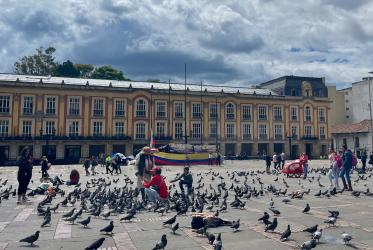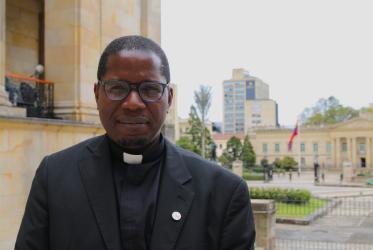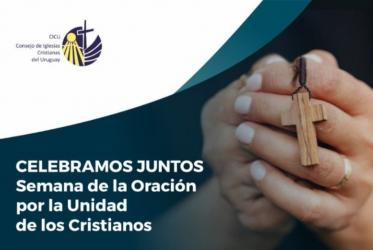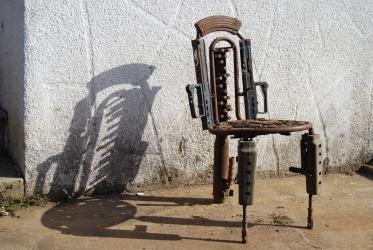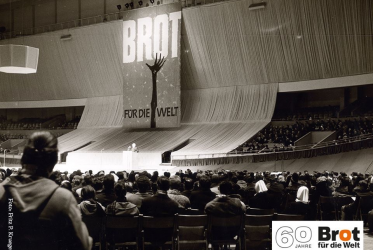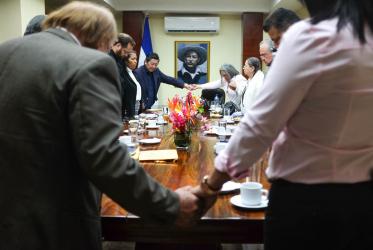Displaying 1 - 20 of 41
The cry of the Papuans in Indonesia
14 November 2019
Church in Bali empowers youth to break cycle of poverty
18 March 2019
Paving the way for ecumenical studies, learning English in Bossey
24 September 2018
Aiming for unity within diversity in Asia
20 April 2018


